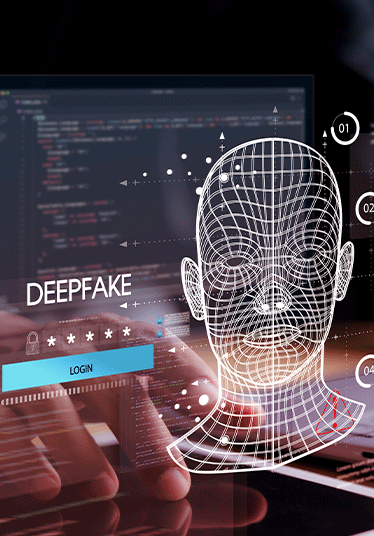All applicants must be current employees of a law enforcement organisation (LE) working in an investigative role. LE includes any organisation that has responsibility for the enforcement of national or local legislation such as:
- Local, National, or Federal Police Forces
- Government law enforcement agencies
- Immigration & Border Control, Revenue & Customs
- Defence forces including military police
- International Police organisations (Europol, Interpol, etc)
- Regulatory Enforcement agencies etc
- Public prosecutors / Attorney General's office
Although it is preferred that applicants hold a primary degree in computer science or a relevant subject, this is not a compulsory requirement and applicants working in the field of digital forensic investigations in law enforcement for more than 2 years will be eligible for the course without a third level degree.
Module Dependencies/ Prerequisites:
- Fundamentals on Cybersecurity or Digital Forensics (Required).
- Background knowledge on Data Analysis or Machine Learning (Recommended).
- Programming Skills: Python for data manipulation and ML library usage (Recommended).

